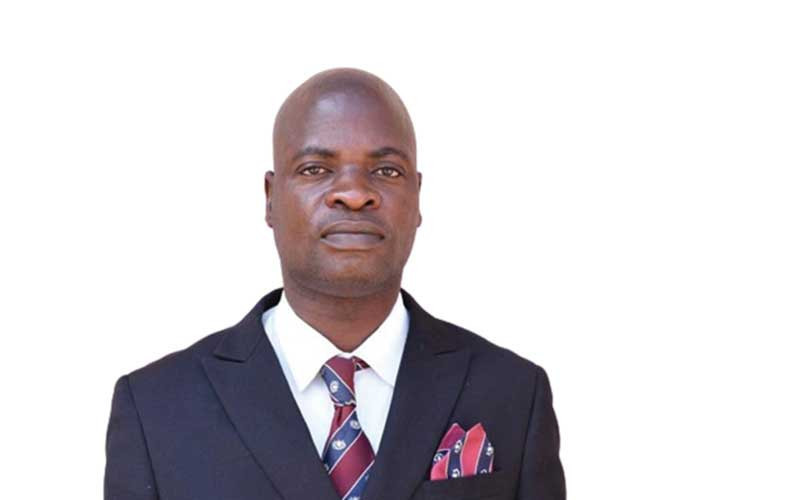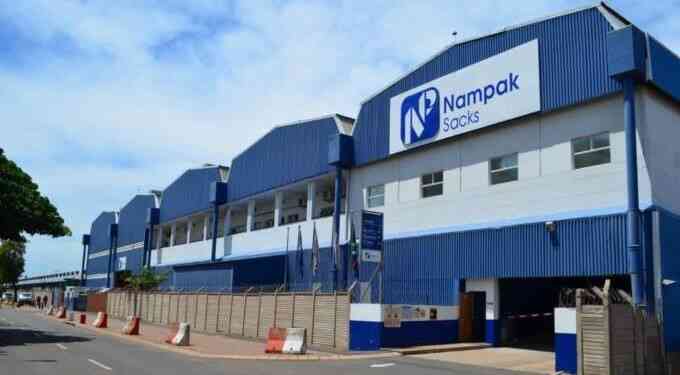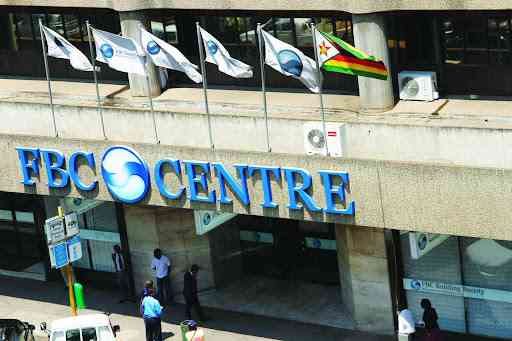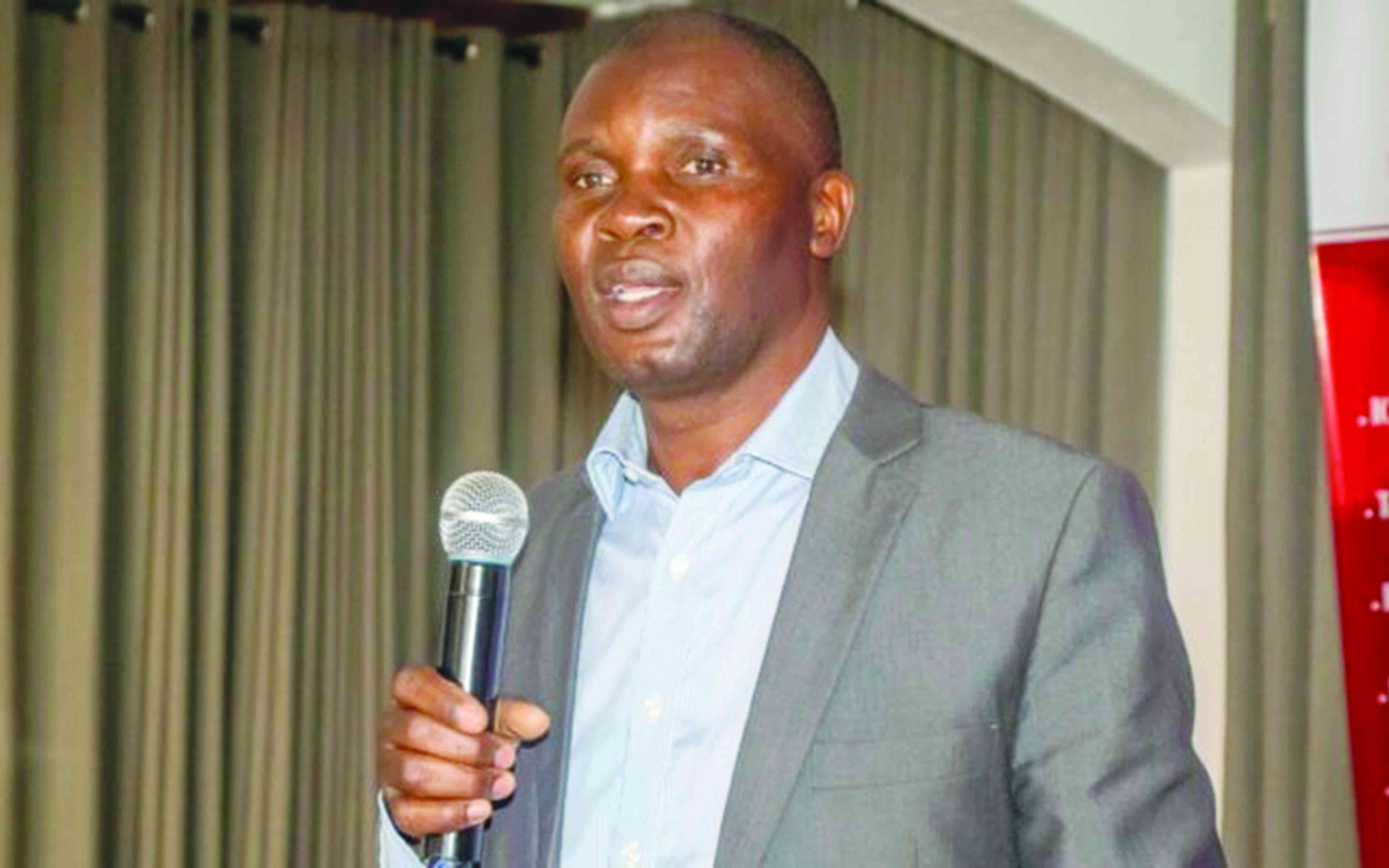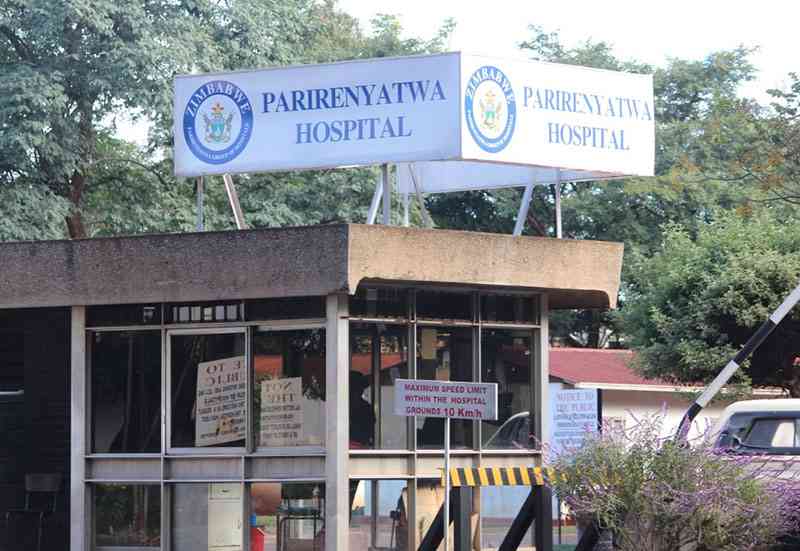
I have always been an admirer of the 16th president of the United States — Abraham Lincoln — a fascinating character because of his leadership qualities and wit.
To date, I still contend that he remains one of the world’s greatest orators, along with Winston Churchill of World War II Britain.
Says Lincoln in one of his famous speeches: “You can fool all the people some of the time and some of the people all the time, but you cannot fool all the people all the time.”
At home in Zimbabwe, a whole ministry and other ruling party activists, some of whom have never been near Parirenyatwa Group of Hospitals, went out of their way to lambast a government minister, whose statement resonates with what is taking place on the ground at the health institution. Ironically, Parirenyatwa is the biggest national referral centre and should represent the citadel of the country’s public health care system.
People who care to know are aware that Parirenyatwa is in a deplorable state, all hope in patients who visit the facility dries up when they visit the facility. Now, when people rebut reality, which has now been accepted by the man who superintends over the Health Ministry — Douglas Mombeshora — then you know that something is seriously wrong somewhere.
Youth minister Tino Machakaire’s outburst over the state of the country’s top public hospital is not misplaced. It is, in fact what is happening on the ground at Parirenyatwa and other public health centres across the country.
In the words of William Butler Yeats in his famous poem The Second Coming: “Things fall apart; the centre cannot hold;
Mere anarchy is loosed upon the world,
- Mavhunga puts DeMbare into Chibuku quarterfinals
- Bulls to charge into Zimbabwe gold stocks
- Ndiraya concerned as goals dry up
- Letters: How solar power is transforming African farms
Keep Reading
The blood-dimmed tide is loosed, and everywhere
The ceremony of innocence is drowned;
The best lack all conviction, while the worst
Are full of passionate intensity.”
It is a public secret and the ministry should have accepted that things are not well. President Emmerson Mnangagwa will never take pride in people who defend the indefensible, ganging up to lie on behalf of the government that he heads.
Those who are lying are the same people involved in the day-to-day running of the hospitals, which are the hope of millions of ordinary Zimbabweans.
These hypocrites know the types and quantities of medication and equipment, including when they last made deliveries to the country’s public health centres.
Accepting criticism is an important aspect of human nature and it usually leads to self-introspection. Once one accepts something is wrong, the path towards correction is made clear whereas lying will only exacerbate the ongoing decay.
Parirenyatwa is only representative of other centres as the situation in other national referral hospitals, provincial, as well as district health facilities and clinics across the country is also dire.
Zimbabweans know it and it also explains the mushrooming of herbalists — including fake ones — in the country as these present alternative interventions, which are way cheaper than private facilities.
The Youth minister’s utterances were therefore on-point. It has been said over and over again that Zimbabwe’s hospitals have become deathtraps.
With the resources at Zimbabwe’s disposal, citizens must take pride in the health care system. Sadly, corruption, the biggest cancer afflicting the country, has been allowed to take root, leading to serious inequality.
The elites can afford private healthcare as well as medical trips abroad, shielding themselves from the daily struggles and tribulations the majority of Zimbabweans face. Everybody is aware that it is the rest of the population that has to endure the harsh realities of an overstretched and underfunded public health system.
What is even more troubling is the reality that the government is failing to provide the necessary infrastructure and care for ordinary citizens, which disparity in access to care is not only a moral failing — it is a direct threat to social cohesion and stability. If inequality is allowed to grow, so will social discontent, which can easily spiral into greater problems for the peaceful nation.
Now that among the agreements the President reached with his Russian counterpart, Vladimir Putin, when he visited the country last week, include the refurbishment of Parirenyatwa, we hope those responsible for operationalising the project will move with speed to get things working again and give Parirenyatwa the world-class glamour it dearly deserves.
The hospital has been run down by years of neglect, failing to provide several specialist tests that help in coming up with critical diagnoses that lead to effective therapeutic interventions.
A colleague who took a brother there was in the end forced to part with between US$250 and US$300 to get a CT scan done at a private hospital in the Avenues after failing to get the service at Parirenyatwa. Unconfirmed reports pointed at corruption where specialists are accused of deliberately vandalising equipment in order to outsource services at their privately-run outlets.
The same goes for key equipment such as dialysis machines for renal patients, cancer machines among several other critical kits.
A couple of months back, staff at another national referral centre — the Sally Mugabe Central Hospital — downed tools in protest over deteriorating working conditions and the lack of key equipment and drugs, as well as sundries such as bandages, glaring deficiencies in institutions of its size and stature.
The country’s hospitals are a mirror of what goes on elsewhere in public services — a crumbling public education system where learners are at times asked to bring their own chairs and desks to face a demoralised teaching staff. There is a visible development gap between Zimbabwe and most countries in Europe where elites in Zimbabwe send their children to school, a clear indictment on facilities at home.
Other civil servants have to leave their offices to run private hustles such as vending to supplement meagre incomes so that they can put food on the table for their families.
We cannot continue to watch inequalities grow as they threaten social cohesion. Societies that cultivate inequalities breed political and social upheavals.
There is a famous English proverb that says: “A stitch in time saves nine.”
We watched key services and infrastructure crumbling over the years, but now we shudder when faced with the deterioration, a result of decades of neglect.
Mnangagwa’s administration must start righting these wrongs to ensure its ambitions of achieving a middle-income economy by 2030 do not remain a mirage.
Wilson is founder and leader of the Democratic Official Party.

